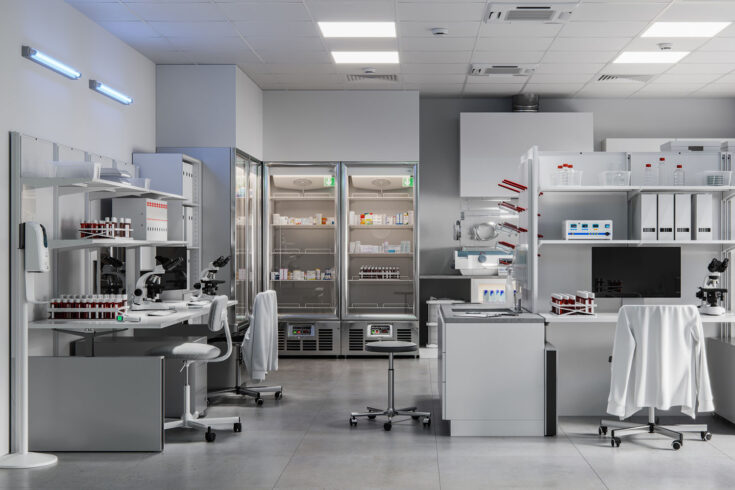Membership of Laboratory Efficiency Assessment Framework (LEAF) offers a new approach to improving the environmental sustainability of lab work for MRC.
A new online tool called LEAF has been created by UCL. This is to help scientists lower their carbon emissions by making changes to the way that they work, use laboratory equipment and consume resources.
Research in bio and life sciences laboratories currently uses huge amounts of energy, chemicals and resources.
Laboratories often consume three to 10 times more energy than typical non-lab areas of universities. A single standard ultra-low temperature freezer can consume as much power in a year as a typical UK household.
MRC challenge
The challenge for the Medical Research Council (MRC) is to find ways to continue to support scientists as they conduct high-quality research and innovation. To also simultaneously help them reflect on and examine their working practices to find opportunities to cut emissions.
To help achieve this goal the LEAF membership provides MRC with an easy-to-use framework for how to improve the environmental sustainability of laboratory work. MRC is pleased to announce that our institutes are now signed up to follow that framework.
Having piloted this new tool for two years across the UK in 23 different institutions in over 230 laboratory groups, sustainable UCL has made LEAF available online.
By taking part in the programme, MRC institutes’ laboratories will be assisted in reducing their carbon emissions and generally reduce the impact of our operations on the environment.
LEAF framework
The LEAF framework contains actions which lab users can take to save:
- plastics
- water
- energy
- other resources.
These are proven to be effective without detrimental impact on the quality or progress of the science.
Participating organisations are given a bronze, silver or gold level award depending on how the actions are implemented.
LEAF’s inbuilt calculators
Currently optionally, but going forward laboratories will estimate the impact of their actions in both carbon and financial terms, using LEAF’s inbuilt calculators.
On average each group that took part in the trial reported that 2.9 tonnes of carbon dioxide equivalent (tCO2e) was avoided and £3,700 was saved.
In total it is estimated that £641,000 was saved, and 648 tCO2e were avoided during the pilot. This is equivalent to 140 passenger vehicles off the road in a year.
Supporting the transformation towards net zero
Professor Fiona Watt, Executive Chair of MRC says:
I am delighted that MRC institutes have signed up to LEAF. This is a tested framework for reducing the environmental impact of our research activities and learning from the experience of other researchers. This will support the transformation towards net zero by 2040.
Cutting our carbon emissions
Senior Sustainability Manager at UCL, Joanna Marshall-Cook, says:
The science tells us that time is short to avoid planetary chaos and we need to work fast to cut our carbon emissions.
LEAF is helping to accelerate the move to sustainable science in the UK and internationally by ensuring the research community is at the forefront of sustainable laboratory practice.
The online programme is intuitive and simple.
Researchers and technicians across the country have embraced to save everything from plastic to energy and water in their lab.
They have welcomed the opportunity that LEAF provides to up skill and demonstrate their sustainability progress in an understandable way for funding bodies, students and other partners.

